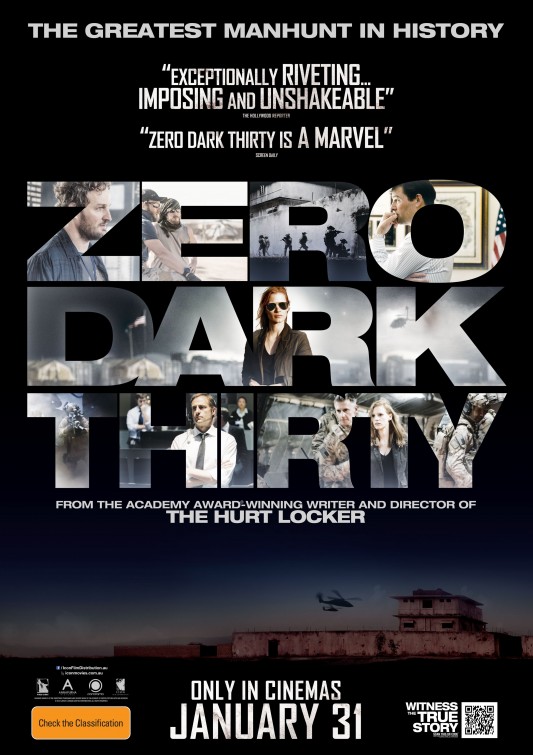
Zero Dark Thirty, Oscar-winner Kathryn Bigelow’s first movie since the much-acclaimed Hurt Locker (2009), is in many ways a very brave movie.
In an era where fact is often obscured by rabidly-argued opinion, and everyone seems to have fractured into tribalised camps sniping and trolling each other with vengeful alacrity from behind fortified positions, it dares to tell the story of the CIA’s hunt for Osama Bin Laden in the aftermath of the horrific, and era-defining events of 9/11, and the terrorist attacks that followed it over the subsequent decade.
For its trouble, of course, it has attracted a firestorm of stinging criticism, primarily that it glorifies torture, overplaying its dubious effectiveness as a means of information gathering, while at the same time propagating still further the line peddled by the so-called right wing “Hawks” in the American establishment that these and other measures not usually employed (at least publicly) by Western democracies were necessary if the USA and its allies were to adequately respond to the hit-and-run attacked by their elusive new enemy, Al-Qaeda.
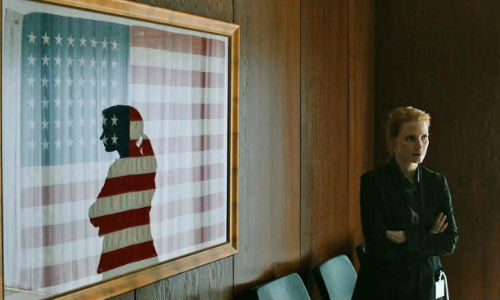
Regardless of the veracity of these claims, and frankly Zero Dark Thirty does not at any time come across as a tub-thumping ode to American might and power – if anything it underscores how much on the back foot the USA was for much of the decade that followed the start of the “War on terror” – Kathryn Bigelow and the team behind this movie were never going to emerge controversy-free from addressing a story as recent and incendiary, not to mention, loaded with political and emotional baggage, as this one.
It is as controversial a tale as they come.
Commencing with a dark image-free screen, and eerie goose bump-inducing replays of the frantic calls to emergency services in New York City in the minutes and hours following the attacks on the World Trade Centre, Zero Dark Thirty almost immediately finds itself in hot water.
And not, I believe, out of any cheap and tawdry attempt to generate controversy for the sake of it.
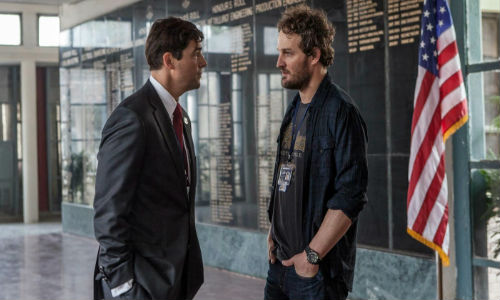
Rather the scenes of matter-of-fact torture by CIA operative Dan (Jason Clarke) that follow this sombre opening, at one of the organisation’s notorious Black Sites, so named because they were off-the-grid locations used to prosecute underground projects sanctioned by the US Government, were part of the tactics employed routinely during this period.
Not to have included them would have smacked of whitewashing and the gutting of history, and they had to be included in the recounting of the history of this period if the movie was to be even remotely accurate.
Of course they are harrowing, uncomfortable scenes to watch, but rather than glorifying torture, the scenes very quickly make it clear that this type of ill-human tactic meted out on detainees was of dubious value as no one could be sure that what they were being told by people anxious to avoid being stripped naked, or locked in small boxes for days on end without food or water or sleep, was in any way true.
Time and again prisoners contradict each other in a desperate attempt to avoid humiliation and pain, and even when their stories do corroborate, it becomes hard to separate fact from fiction in the hazy world of this war, which is unlike any before it.
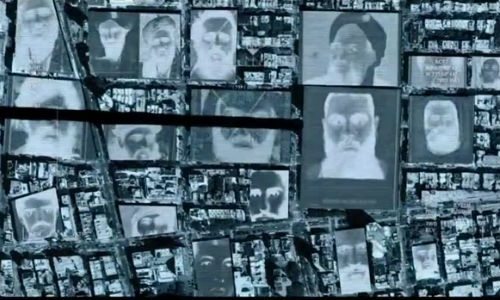
Granted there is no explicit condemnation of torture by any of the characters and even Maya (Jessica Chastain) who watches on shocked the first time she witnesses a prisoner being tortured, employs the tactic with enthusiasm as the movie goes on, but you don’t one when showing these scenes essentially means the use of torture indicts itself.
Bigelow’s willingness to include well-documented but controversial elements of the hunt for Bin Laden is symptomatic of a movie that pulls no punches.
Throughout the recounting of the decade-long, and often fruitless, attempt to find Bin Laden and enact not so much justice as plain good old-fashioned revenge, the filmmaker doesn’t shy away from telling it like it is.
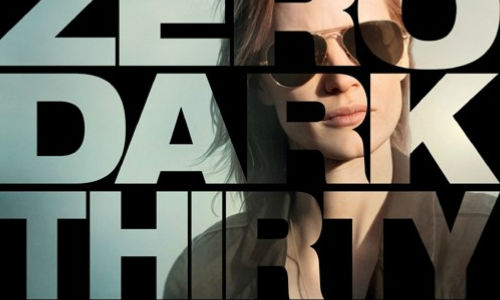
Of course, there are many who allege that she is doing nothing of the kind, and that the “based on actual events” tag line that accompanies Zero Dark Thirty and movies like it that purport to document historical events such as Argo, is worth little given that so much of the narrative has been made up for the sole purpose of creating a gripping drama.
But the fact it, Hollywood should never be relied upon as a history teacher, and while I understand the argument that people will walk away thinking this is exactly how this chapter in American history actually played out, and thus movie makers have a responsibility to be as faithful to the actual events as possible, the reality is some allowances must be made when you’re trying to tell a story like this.
Having said that, the drama that results is, much of the same, rather anti-climactic and lacking in rigour and verve.
Understandably relating events in a linear way, the movie moves from 2001 through the bombings and attacks in Khobar, Saudi Arabia (2004), the London bombings (2007), and even the tragic events at Camp Chapman in Afghanistan in 2009, and all the one-step forward, and 10-steps-back in the CIA’s stop-start attempts to find and apprehend Bin Laden, since they build up a picture of the mammoth efforts taken to blunt the power of the Al-Qaeda machine.
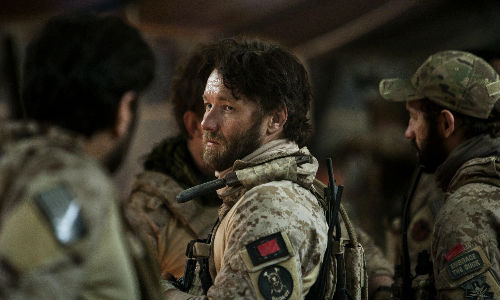
Unfortunately this results in a rather lacklustre forward narrative, and coupled with some rather one-note characterisation – Maya is the only character who develops any real complexity and even she is never really presented as a fully-formed human being – and perfunctory relationships between all the major characters which lack any real sense of connection, means that by the time you reach the admittedly well done final part of the movie when the Bin Laden compound in Abbottabad, Pakistan, you are left feeling like a detached observer rather than intricately involved in the action.
And that’s a pity because the story the movie tells is a gripping one and should have had you sitting on the edge of your seat throughout.
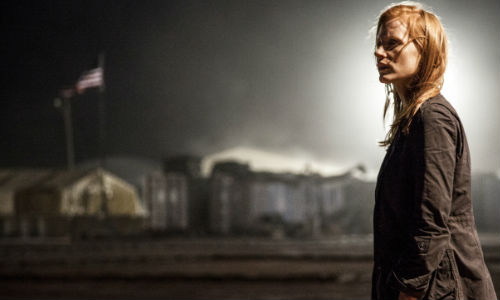
It is not though a bad movie, and I found myself drawn into the world it detailed sufficiently that I enjoyed the movie, but it does suffer from a limp narrative, and a general dramatic listlessness which detracts somewhat from the fine performances throughout, especially by Jessica Chastain who thoroughly deserved her Oscar nomination.
Zero Dark Thirty is certainly worth your time as a dramatic experience, but I still can’t help but feel that it’s main problem is not so much the alleged controversial subject matter so much as the way it has been presented, and that it could have been so much more.
A little extra dramatic spark, tighter storytelling and attention to characterisation would have made all the difference and made this as memorable a movie as Hurt Locker before it.